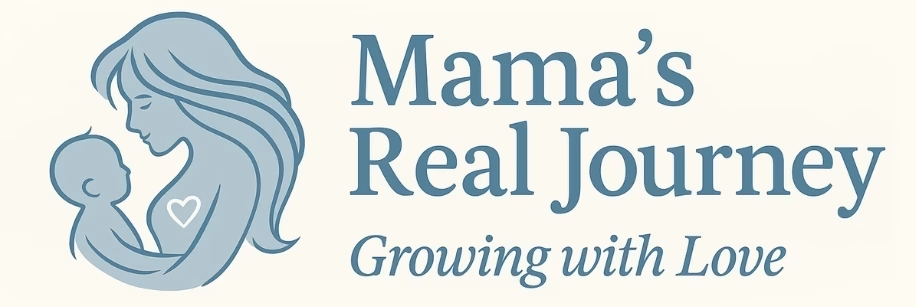You’ve just given birth — and while the world may expect you to bounce back, your body and heart know: this is just the beginning.
The fourth trimester refers to the first 12 weeks after childbirth. It’s a time of profound physical healing, emotional adjustment, and bonding with your baby. You’re no longer pregnant, but you’re not quite settled into motherhood yet either. You’re in between — becoming.
Let’s explore what to expect during the fourth trimester and how to support yourself through this vulnerable, powerful chapter.
🤱 What Is the Fourth Trimester?
Coined by Dr. Harvey Karp, the fourth trimester is a continuation of pregnancy — outside the womb.
Your baby is adjusting to life in the real world, and you are adjusting to life as a mother (whether it’s your first time or your fifth). Hormones shift, routines crumble, sleep becomes fragmented, and your identity may feel unfamiliar.
And all of that is normal.
🩺 Physical Recovery After Birth
Your body just did something extraordinary. Now it needs time to heal.
What you might experience:
- Vaginal bleeding (lochia) for several weeks
- Uterine cramping as your womb returns to size
- Soreness or stitches (from vaginal or C-section birth)
- Breast engorgement and nipple tenderness
- Night sweats and chills
- Fatigue — deep, bone-level tiredness
If you had a C-section, healing includes managing the incision, avoiding heavy lifting, and giving yourself even more grace.
👉 Important: Call your doctor if you notice signs of infection, heavy bleeding, a fever, or emotional distress that lasts more than two weeks.
💛 Emotional Shifts: What’s Normal?
You may cry more easily. You might feel overwhelmed, irritable, or numb. You may love your baby fiercely — and also miss your old life.
This is the emotional terrain of the fourth trimester.
It’s normal to feel:
- Overwhelmed by responsibility
- Isolated, even if you’re surrounded by others
- Guilty for not “enjoying every moment”
- Anxious about doing things “right”
Around 80% of new moms experience the baby blues, which peak around day 3–5 and resolve within two weeks.
But if sadness lingers or deepens, talk to your provider. Postpartum depression and anxiety are common, treatable, and not your fault.
👶 Your Baby in the Fourth Trimester
Your newborn is adjusting to:
- Hunger and fullness
- Light and dark
- Sound and stillness
- Your smell, voice, and touch
They may cry often, sleep irregularly, and want to be held all the time. They’re not spoiled — they’re just not fully ready for the world.
What helps:
- Skin-to-skin contact
- Swaddling and gentle rocking
- Feeding on demand (breast or bottle)
- Responding to cries with compassion
You’re building trust — and learning each other one day at a time.
🧘♀️ Taking Care of You
Self-care looks different now. It might be:
- Drinking a full glass of water
- Eating a warm meal while baby naps
- Asking someone to hold the baby so you can shower
- Saying “no” to visitors when you’re not ready
- Crying in the bathroom, then breathing deep and starting again
You matter. You deserve rest, support, and kindness — not pressure to perform.
Practical tips:
- Keep snacks and water at your nursing/changing station
- Nap when possible (even if it’s 20 minutes)
- Let go of chores that can wait
- Accept help — or ask for it
🤍 Reconnecting with Yourself
Motherhood can feel like losing and finding yourself all at once. It’s okay if you don’t feel like “you” yet.
Some ways to gently reconnect:
- Journaling your thoughts or emotions
- Stepping outside for 5 minutes of fresh air
- Listening to music or a podcast you love
- Sharing honestly with a friend who gets it
You’re not who you were — and that’s not a loss. It’s an evolution.
🩺 Postpartum Checkups and Support
You’ll likely have a postpartum visit around 6 weeks, but reach out sooner if needed.
Topics to discuss:
- Physical healing (bleeding, stitches, C-section recovery)
- Mental health
- Breastfeeding or formula questions
- Contraception or intimacy concerns
You deserve complete care — not just a brief check-in.
🌿 Final Thoughts: Go Gently
The fourth trimester is not a performance. It’s a passage.
It’s okay if the days feel messy and slow. It’s okay if you need more help than you thought. You are allowed to feel everything — and to take this time seriously.
You are healing. You are learning. You are doing an incredible job.
Hold your baby. Hold yourself. And know: you’re not alone.



